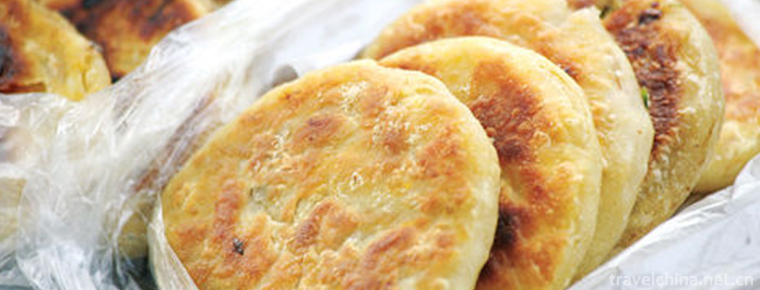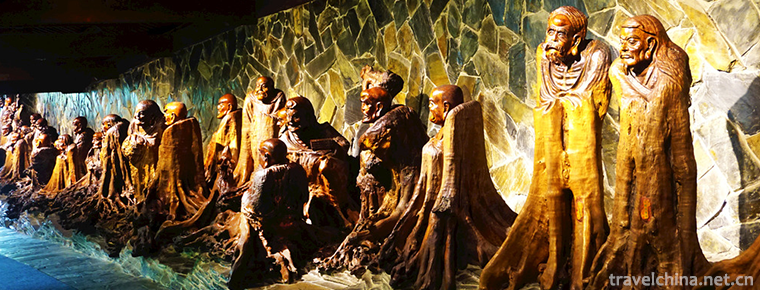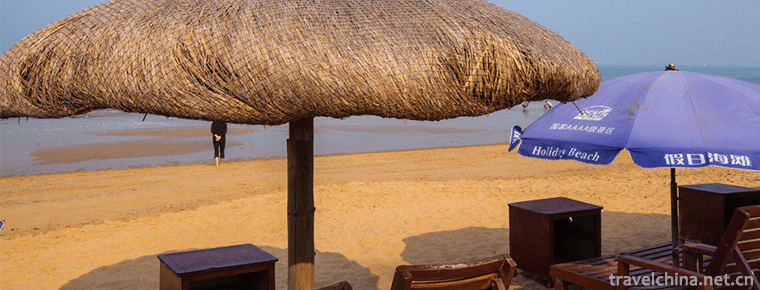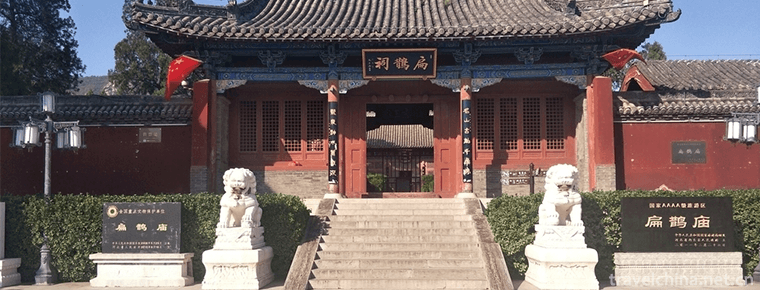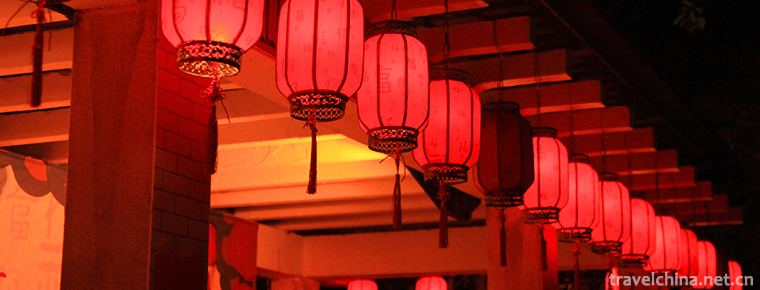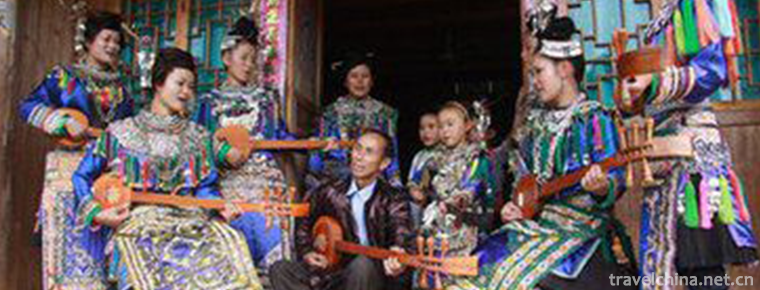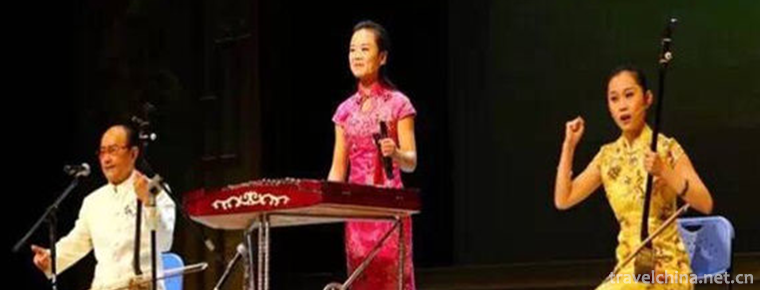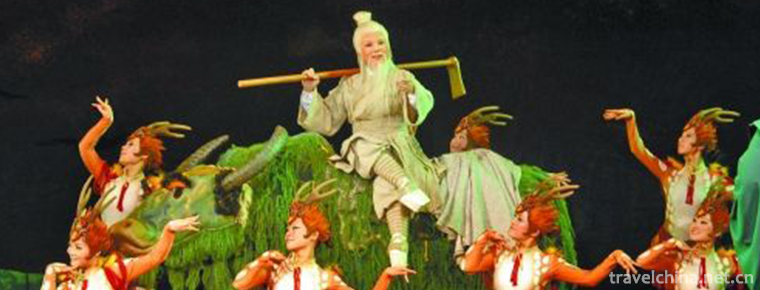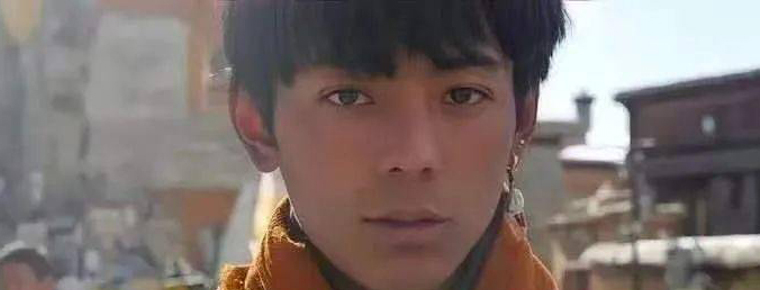Shaoxing Xuanjuan
Shaoxing Xuanjuan
Shaoxing Xuanjuan is a traditional rap art with religious color, which is mainly used to worship gods and pray for blessings. Since Tang Dynasty, it has developed into folk art in Qing Dynasty. The Song Book of Xuanjuan, or volume book, is commonly known as "Baojuan". When singing, artists put volumes on the table and sing according to the volumes, so they are called volumes.
On June 7, 2008, Shaoxing Xuanjuan, declared by Shaoxing County, Zhejiang Province, was approved by the State Council to be included in the second batch of national intangible cultural heritage lists.
historical origin
Shaoxing Xuanjuan is one of the local folk arts in Shaoxing. Before the founding of the People's Republic of China, Shaoxing Xuanjuan Ban was very active in Shaoxing City. Its singing was related to the custom of worshipping gods. The Chinese Encyclopedia of Opera Art Volume (Xuan Volume) contains: "In the Qing Dynasty, Guangxu Period and the early years of the Republic of China, Xuan Volume was extended to the south of the Yangtze River. Although it still serves as a sermon in a vast area centered around Shanghai, Hangzhou, Suzhou, Shaoxing and Ningbo, it has developed into a folk rap art", which basically conforms to the situation of Shaoxing Xuan Volume.
Although Xuanjuan sings in different roles, it has no professional skills and male and female accents. It mainly uses different timbres to express various characters. When one of them "played a role" in singing, the other two helped to sing "There is no Amitabha Buddha in the South".
In the old days, Xuanjuan artists had low social status and were not professionals. They had the habit of "father does not pass on sons". is concise and fluent, easy to read, when singing, you can read the book, read according to the book, without memorizing and reciting the work, fans can be invited to perform on a slight basis, therefore, Xuanjuan artists do not have strict teacher-acceptance relationship. The Xuanjuan class, headed by "Fish Position", is composed of many voluntary groups. It sings during the celebration of God's Birthday, birthday celebration, migration celebration and memorial service. Since 1950, Xuanjuan classes have been separated from time to time, and singing activities have been in fashion. Most of them are in the countryside.
Inheritance Significance
As one of the five major types of Shaoxing opera, Shaoxing Xuanjuan has won its own living space with its popular identity, people-friendly posture, popular language and simple performance, and maintained a relatively pure grassroots nature and original ecology. This makes Shaoxing Xuanjuan develop to a new height. This art form is gradually going out of the folk and expanding into the mainstream cultural field. This is indeed a good thing, but there are also many problems.

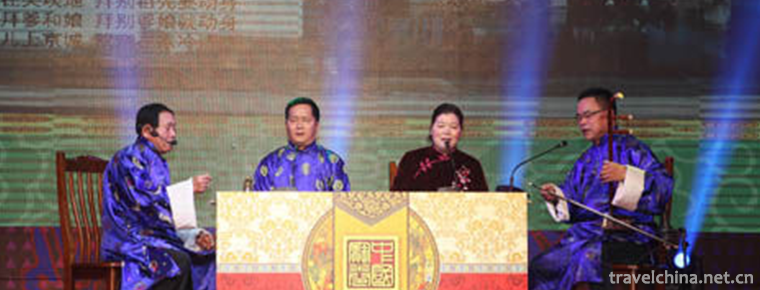
-
Huizhou cake
Huizhou cake, originally named "jujube mud crisp baked bread", is a traditional feature in Huizhou area, Anhui Province. .
Views: 223 Time 2018-11-27 -
Root palace Buddhist Cultural Tourism Zone
Root palace Buddhist Cultural Tourism Zone / Gengong Buddha Country Cultural Tourist Area, National AAAAA Tourist Scenic Area, National Eco-civilization Education Base.
Views: 125 Time 2018-12-07 -
Holiday Beach
Holiday beach is located on the west coastal avenue of Haikou City, which is 6 kilometers long. On the left side is the verdant forest belt of ephedra, with resorts, hotels, playgrounds and so on.
Views: 320 Time 2018-12-23 -
Bian Que Temple Tourist Area
Bian Que Temple, also known as Bian Que Temple, is situated at the foot of Que Mountain, 26 kilometers west of Neiqiu County Town. It is an ancient building group to worship and worship the Chinese me.
Views: 100 Time 2019-01-03 -
Yuexiu Park Guangzhou
Yuexiu Park is the largest comprehensive park in Guangzhou. The main body of Yuexiu Park is Yuexiu Mountain. In the Western Han Dynasty, Zhao Tuo, the king of South Vietnam, was named after the ".
Views: 120 Time 2019-01-13 -
Qinghai Tibet Plateau Wildlife Park
Xining Wildlife Park, also known as the Qinghai-Tibet Plateau Wildlife Park, is the only large-scale comprehensive wildlife park in the Qinghai-Tibet Plateau with the highest elevation.
Views: 181 Time 2019-02-07 -
Dong Pipa Song
Dong Pipa song is distributed in the southern dialect area of Dong nationality, which can be divided into lyric and narrative Pipa song. Its singing content almost covers Dong history.
Views: 118 Time 2019-04-28 -
Xuzhou Qinshu
Xuzhou Qinshu is a kind of opera recognized by Xuzhou local people in Jiangsu Province. Spread in Xuzhou. At first, it was a recreational activity of "playful friends" in the leisure time of.
Views: 308 Time 2019-07-09 -
Extra tune
In addition to the form of opera, Yue Diao has two branches, namely, opera and puppet. In 1942, there was a severe drought in Henan Province. During this period, many cross-tone artists (such as Zhang.
Views: 263 Time 2019-07-16 -
Tamdrin Dingzhen
Zhaxi Dingzhen (Chinese Name: Ding Zhen), born in 2000, lives in Litang County, Ganzi Prefecture, Sichuan Province..
Views: 523 Time 2020-12-01 -
Public education in Chengdu Giant Panda Base
From 2003 to 2016, Chengdu base received more than 100000 primary and secondary school students at home and abroad, and trained more than 800 volunteers; went to colleges and universities, communities, primary and secondary schools, kindergartens and nature .
Views: 352 Time 2020-12-13 -
Deyang medical and health
By the end of 2018, Deyang City had 2819 health institutions (including village clinics), including 7 centers for Disease Control and prevention, 7 health supervision institutions, 1 Emergency Center (station), 6 maternal and child health centers, .
Views: 319 Time 2020-12-14
